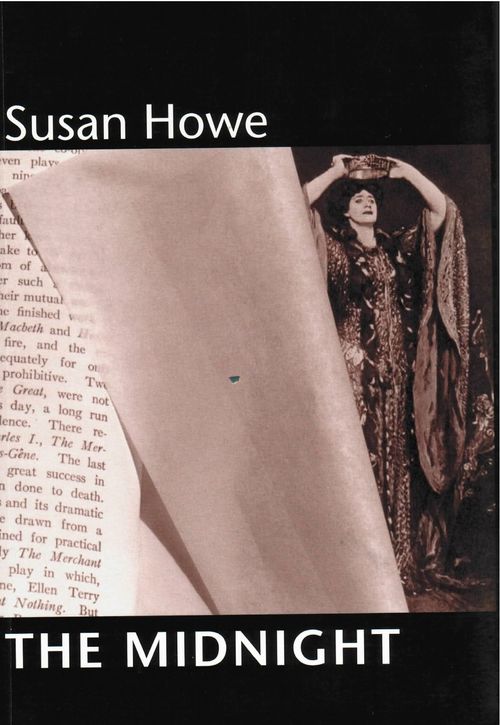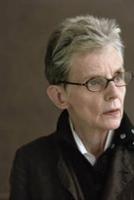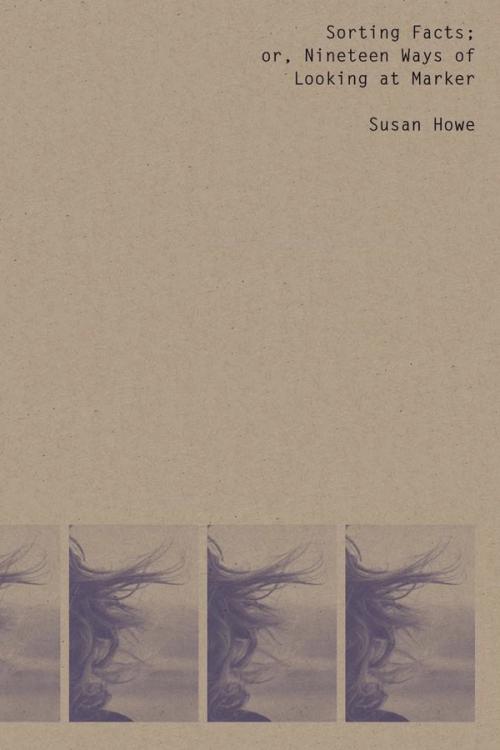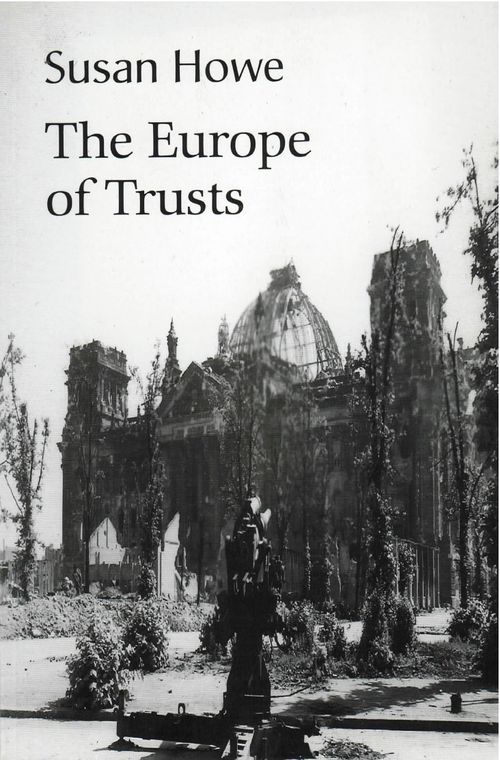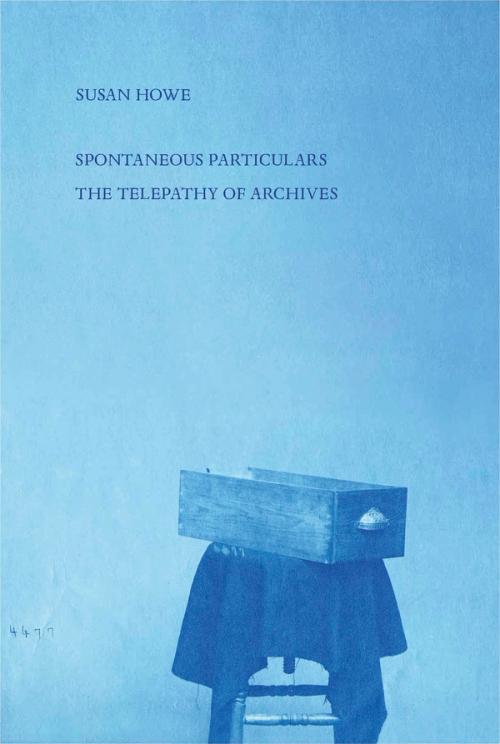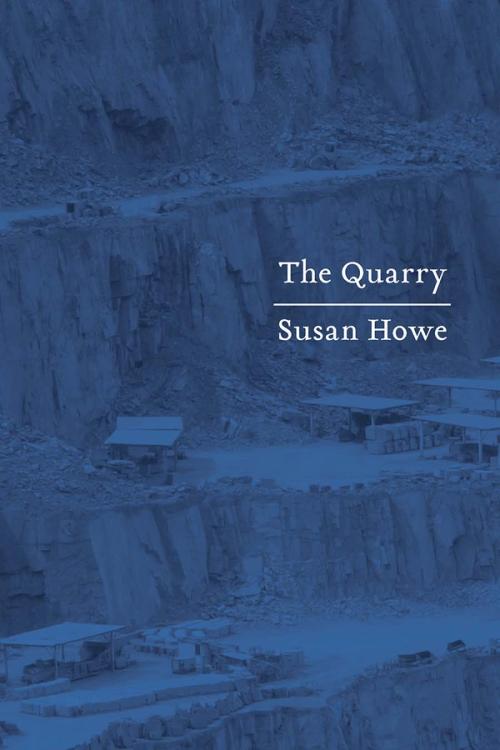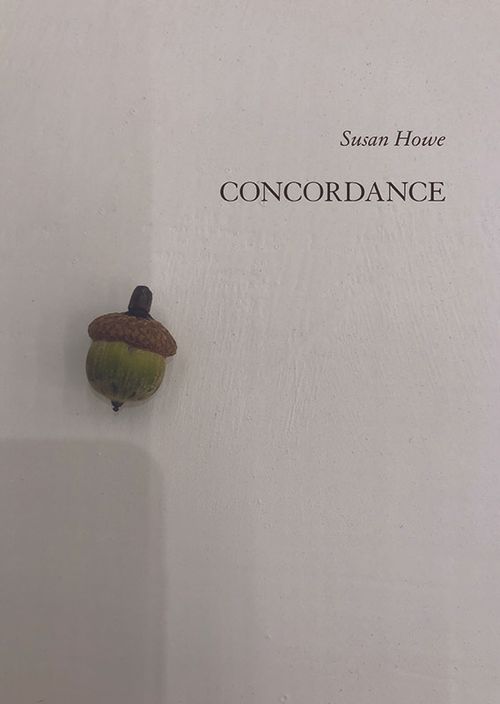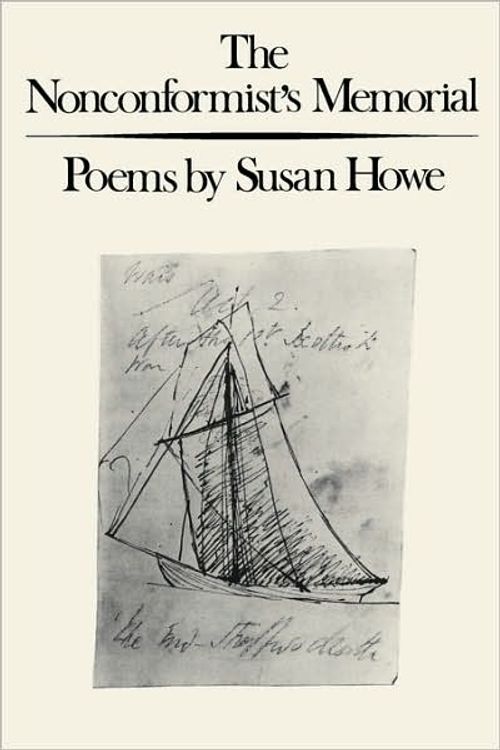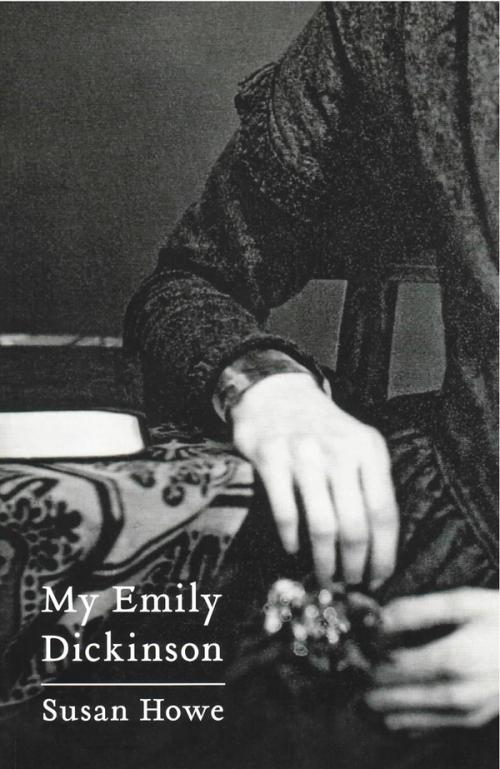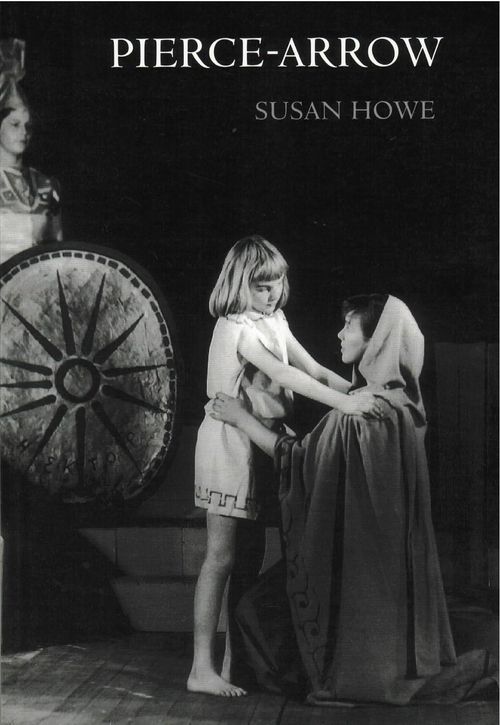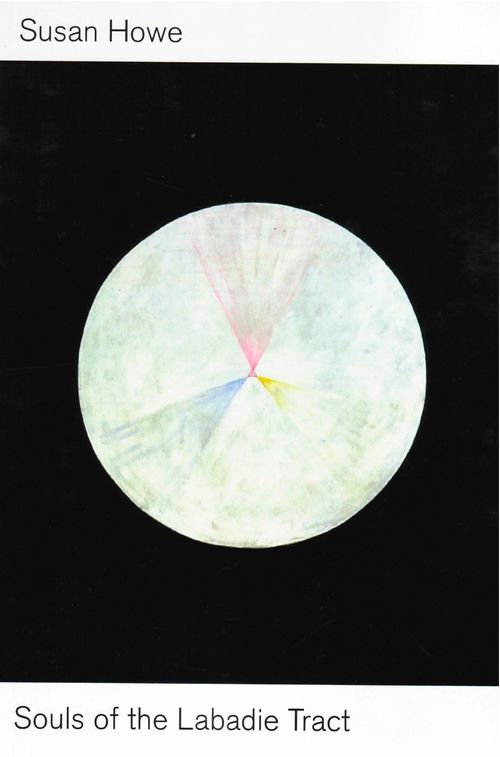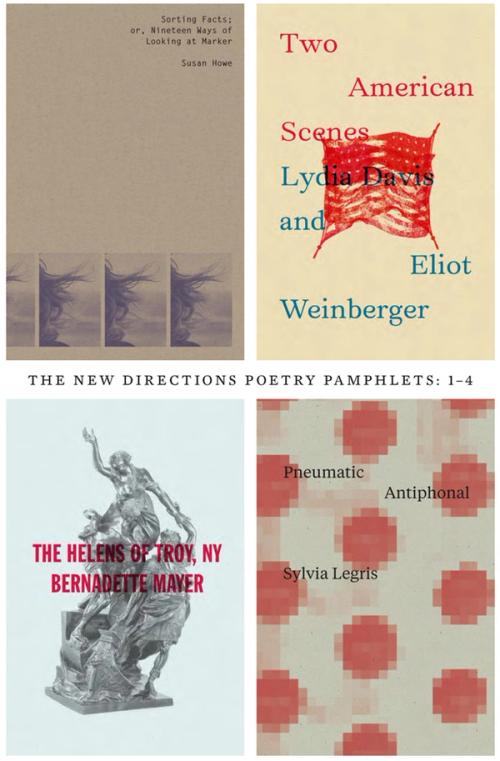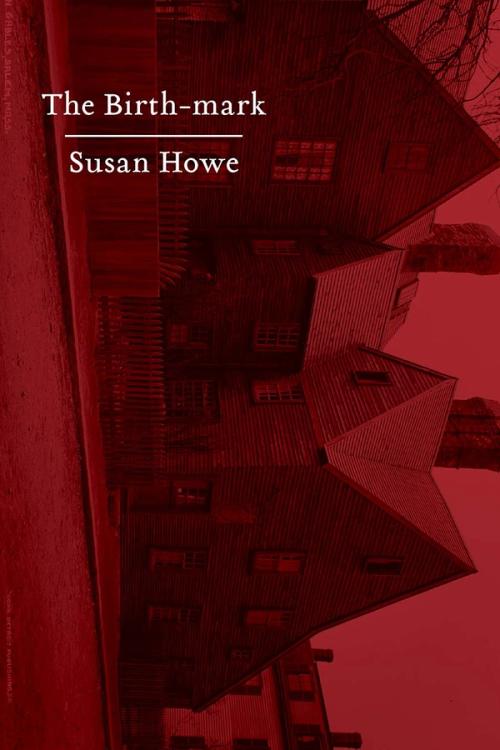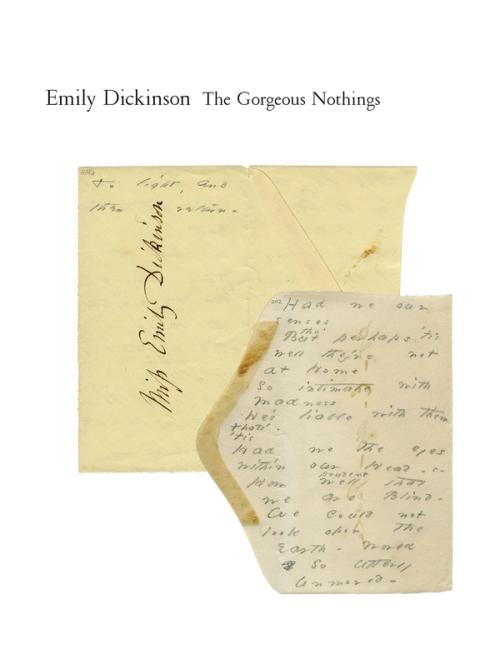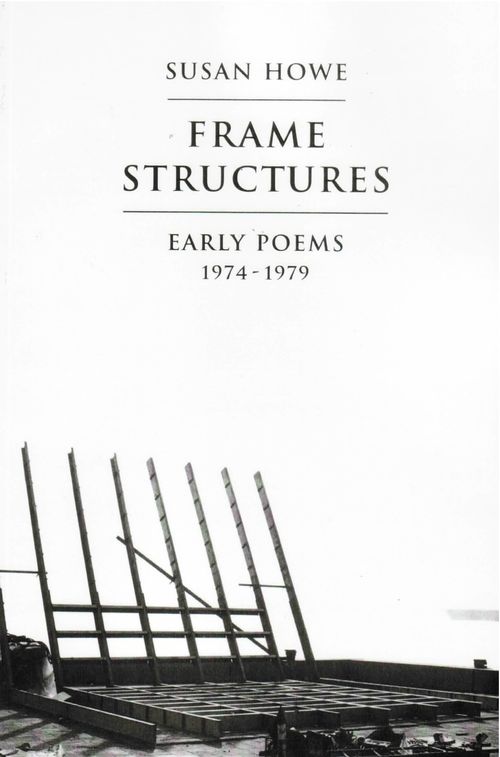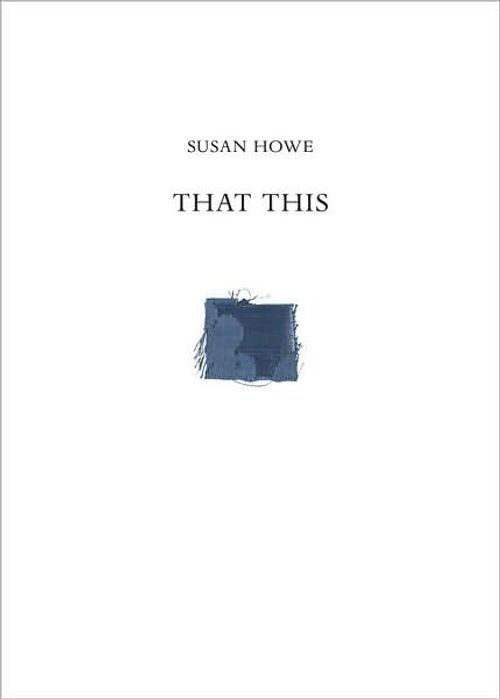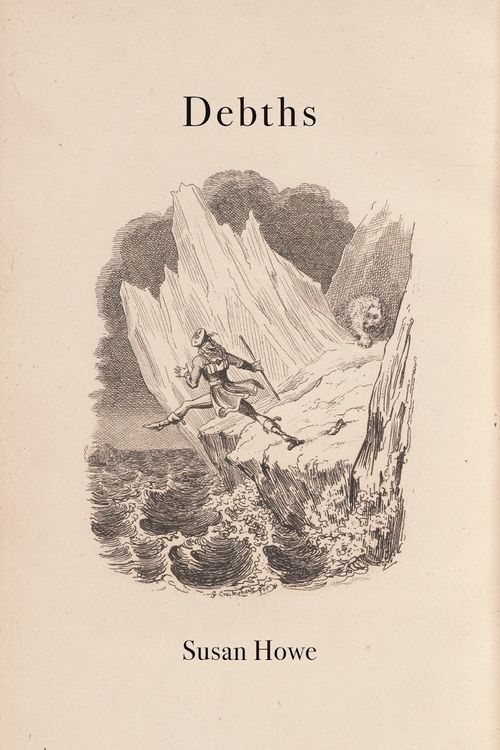The Midnight
Poetry by Susan Howe
In The Midnight’s amply illustrated five sections, three of poetry and two of prose, we find—swirling around the poet’s mother—ghosts, family photographs, whispers, interjections, bed hangings, unfinished lace, the fly-leaves of old books, The Master of Ballantrae, the Yeats brothers, Emily Dickinson, Lewis Carroll, Lady Macbeth, Thomas Sheridan, Michael Drayton, Frederick Law Olmsted: a restless brood confronting, absorbing, and refracting history and language. With shades of wit, insomnia, and terror, The Midnight becomes a kind of dialogue in which the prose and poetry sections seem to be dreaming fitfully of each other.
Paperback(published Jun, 01 2003)
- ISBN
- 9780811215381
- Price US
- 19.95
- Trim Size
- 6x9
- Page Count
- 224
